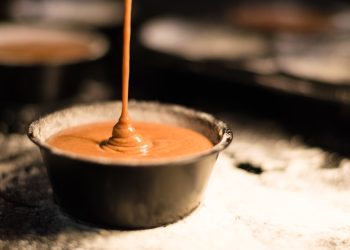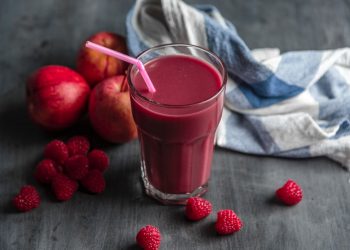Herbs can be used to add flavor, color, and texture to meals. In addition to their culinary value, these plants provide numerous health benefits. Turmeric, for instance, is one of the world’s most powerful ingredients. Rosemary protects blood vessels and helps to prevent clogged arteries. Sage is widely used in cooking and gives food a fresh taste.
Turmeric is the most powerful herb on the planet

Turmeric is the most potent herb on the planet for several reasons. It has been used to treat various ailments, including arthritis, and its properties have led to it being called “the most potent herb on the planet for good health.” It is a member of the ginger family, native to Southeast Asia. It contains a substance called curcumin, which is an antioxidant that has been linked to a host of health benefits.
Researchers have also demonstrated that turmeric inhibits the growth of Helicobacter pylori. A minimum inhibitory concentration of 6.25 to 50.0 mg/mL was found to be effective against the bacteria. Its anticancer and antiarthritic effects have been well-documented in animal studies. While these studies are still being conducted, they have already demonstrated that turmeric has a broad spectrum of health benefits. The main ingredient in turmeric is curcumin, a compound known for its potent anti-inflammatory and anti-oxidant properties. Most of the studies conducted on turmeric use extract from turmeric, which contains a large amount of curcumin. This compound can fight oxidative stress, which is at the root of most modern diseases. Buy vidalista can help with achieving harder erection In men.
Rosemary helps prevent damage to blood vessels
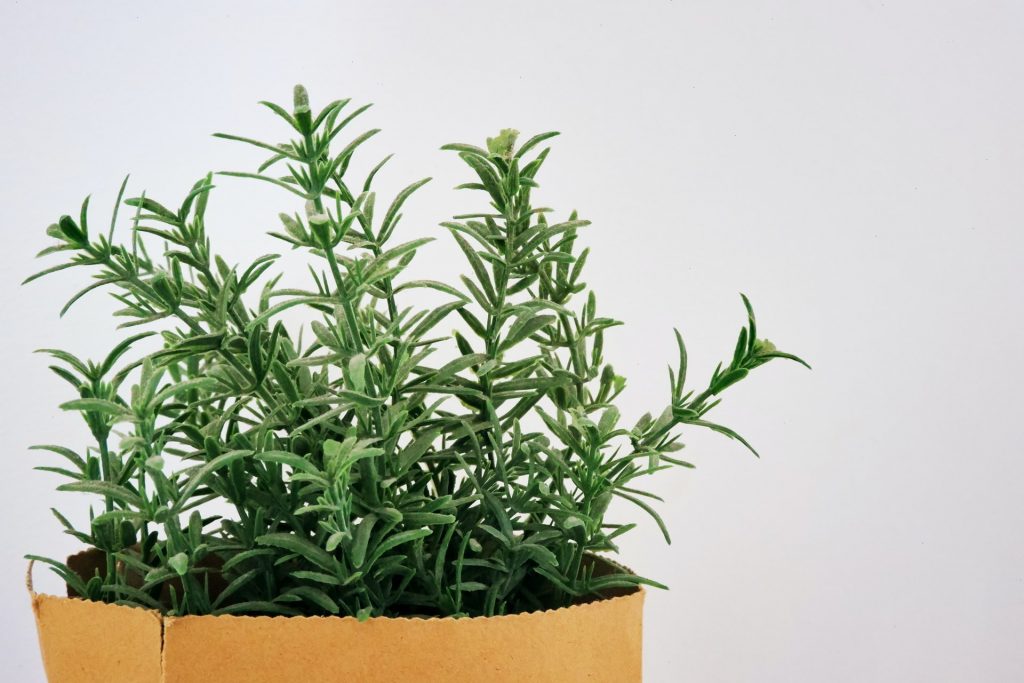
It is said that rosemary prevents the damage caused by inflammatory processes to blood vessels. Rosemary helps prevent cardiovascular disease by inhibiting lipid peroxidation and may also play an antioxidant role. By increasing prostaglandin E production, rosemary may help prevent atherosclerosis and the damage caused by free radicals. It is best to consult a medical professional before taking rosemary. There are some risks of taking large amounts of rosemary oil or other products containing rosemary.
The herb has multiple benefits, including being a great digestive aid. Its essential oil has anti-bacterial, anti-inflammatory, and pain-relieving properties. Research also shows that rosemary can improve brain activity, particularly in elderly people with dementia. This herb may provide another form of relief for a variety of conditions, such as Alzheimer’s disease, hypertension, and gout. Many women use rosemary as a natural remedy for a menstrual flow enhancer and abortion.
Another way rosemary helps prevent cardiovascular disease is by inhibiting the activity of ACE. ACE is a major risk factor for CVD and is linked to increased blood glucose levels. In addition, rosemary inhibits gluconeogenic enzymes. It also affects lipid metabolism. It reduces fatty acid synthesis and induces b-oxidation. Research has shown that rosemary inhibits oxidative stress, inflammation, and the production of inflammatory cytokines.
Sage is a common spice in many recipes
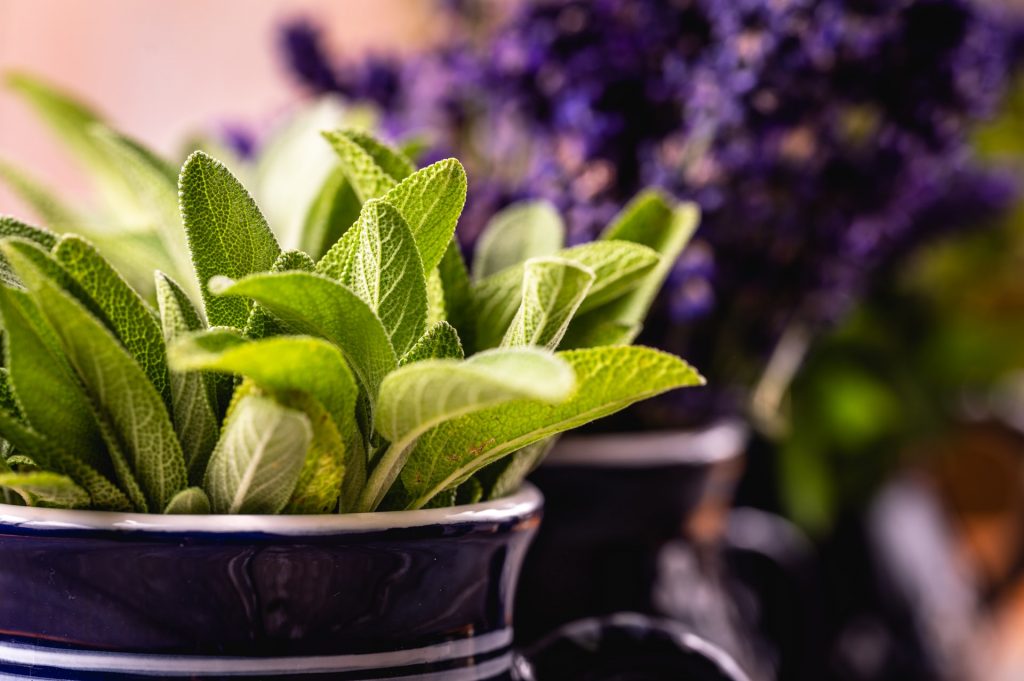
Common sage, or Salvia officinalis, is an aromatic herb that can be found in both fresh and dried forms. Its silvery-green leaves are used both fresh and dried. You can purchase both types in your local supermarket, and they can also be used to add flavor to a variety of dishes.
Here are some reasons to add sage to your next meal:
- While sage has no significant health benefits, it does add spiciness to any dish. Sage contains small amounts of calcium, potassium, folate, and beta carotene. It is also an excellent source of vitamin K and is considered to be a safe, low-fat herb for human consumption. It is an excellent spice for savory dishes and is a versatile spice.
- Sage is versatile and adds a rich aromatic flavor to dishes. It goes well with savory, salty, and sweet dishes alike. It pairs well with beans, asparagus, cherries, and pasta. Sage is also a wonderful addition to chicken and vegetable dishes. Its bitter and aromatic flavor is not overpowering and enhances the taste of both. Sage is a common spice in many recipes for a good health.
Sage is a herb for digestion
Sage is a popular herb that is used in foods and beverages. While it is generally safe to consume in reasonable quantities, it can be harmful if taken in high doses. The chemical in sage, thujone, can cause seizures and damage to the nervous system. The amount of thujone in sage varies based on the species, time of harvest, growing conditions, and other factors.
Many of the ailments associated with inflammation are treated with sage. Its antiseptic and digestive properties help to reduce gastric spasms, diarrhea, and gastritis. It has a peppery flavor and can be added to many dishes. Sage can also reduce blood sugar levels. It is often eaten as a spice or added to food. It is also used as tea. Its essential oils and phytonutrients are beneficial for the human body.
A hot infusion made with sage can be used to treat digestive issues. A teaspoon of dried sage or one tablespoon of chopped fresh can be steeped in 150ml of water. It can also be used as a gargle to soothe upset stomachs or to stimulate digestive secretions. It can also improve intestinal mobility. Sage is a great herb to have on hand when you suffer from bloating, gas, and indigestion.
Sage is a herb for sore throat
Sage has been used medicinally for centuries and has powerful antibacterial and antifungal properties. This herb is often combined with lemon and ginger to treat sore throats. It can also be used as a gargle to relieve inflammation and cough. Its antibacterial and antiseptic properties make it a great choice for sore throats and coughs. Whether used fresh or dried, sage is an effective natural remedy for a sore throat.
Another natural treatment for a sore throat is gargling with sage. Gargling with sage before bed can reduce the swelling of the throat and pain. This treatment is more effective if you gargle with it instead of swallowing the leaves. If you’d rather gargle instead, you can make a tincture of sage leaves. This concoction will last for two days in the fridge.
Sage tea is a popular home remedy for a sore throat. This tea is soothing and caffeine-free and is recommended by herbalists for a variety of ailments, including cough, sore throat, and upset stomach. If you have a cough, adding honey to the brew will soothe it. Fildena can also help relieve blood in blood vessels.
Parsley has a fresh taste
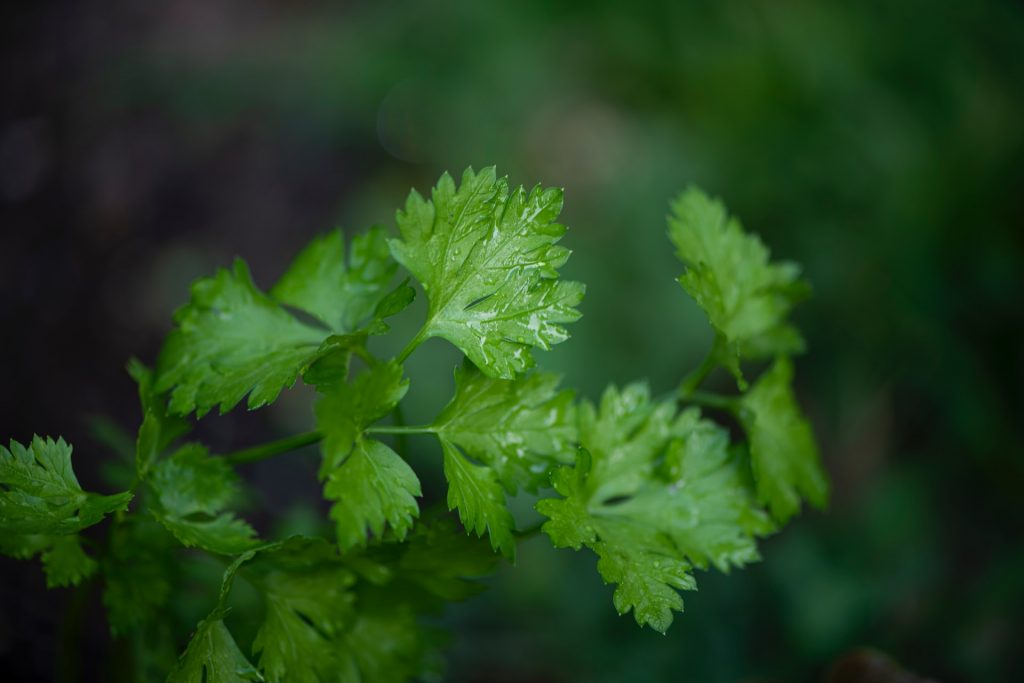
In addition to its delicious fresh taste, parsley is also an excellent healer. Although most people do not know the many uses of parsley, this herb is an incredible storehouse of nutrients. If you’ve ever had a bowl of salad, you’ve probably used parsley as a garnish, and you may be surprised to know just how many nutrients it contains. Parsley also has a mild taste, so it goes well with many dishes.
A salad is a perfect place for parsley, and it is incredibly versatile. You can use it to add a savory or sweet flavor to your meal. Try it on top of omelets, quiches, scrambled eggs, and deviled eggs. It also adds a beautiful splash of color to any dish. In fact, parsley is so versatile, that you can even use it to add some color to an omelet or a quiche.
For a delicious, healthy potato salad, try substituting mayonnaise for olive oil and salty bacon. Or, use fresh parsley in risotto to make a hearty vegetarian dish. The flavor of fresh parsley cuts through the heartiness of potatoes and enhances the vegetable tones in tilapia. It’s an easy, tasty way to make a dish that’s high in nutrients and delicious.
Thyme is a pungent aromatic herb
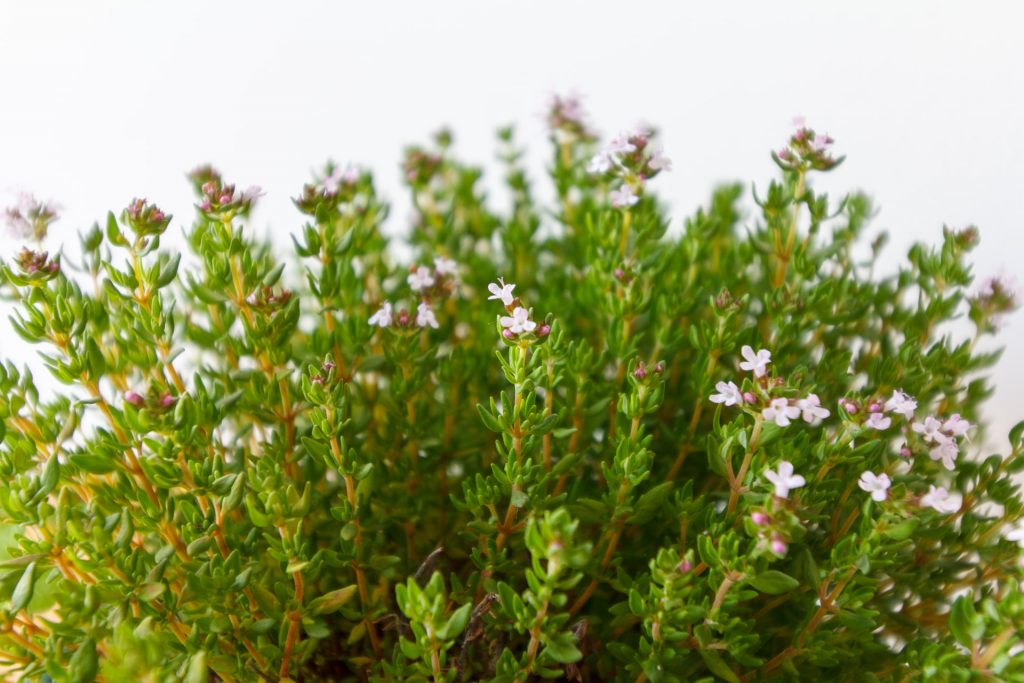
The pungent aroma of thyme can be enjoyed both as a spice and as a plant for cooking. Thyme is a member of the mint family and is cultivated throughout the world. Its leaves are oval to linear, and the stems are slightly woody. Thyme flowers are borne in whorls along the stems and are white or purple in color. Thyme’s leaves and flowers are used in perfumes, and some varieties are grown as ornamental ground covers.
While dried thyme is more convenient, fresh thyme is far more flavourful. Thyme essential oil has several medicinal properties and is often used in a wide range of applications. Thymol, the active ingredient in thyme, is a strong antiseptic. Thyme is also a great remedy for throat, respiratory, and digestive ailments.
The name thyme is derived from the Greek or Latin words ‘thymus’ and ‘Thomas’, and comes from the smoke it emits when burned. The aroma of thyme has long been prized by the ancients. The ancient Egyptians used thyme in embalming and the Greeks used it as incense in their temples. The ancient Greeks brewed thyme tea on midsummer eve and burned it as incense.





